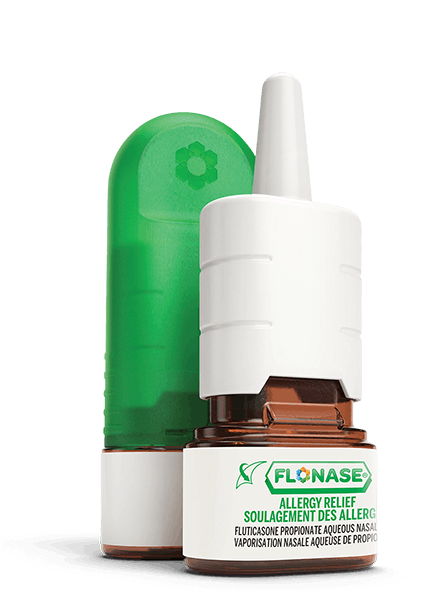
ALLERGY
TIPS
SLEEP GREATER THAN YOUR NIGHTTIME ALLERGIES
Allergy symptoms don’t go away just because the sun sets. In fact, most people experience worse allergies at night. But you don’t have to take your nighttime allergy symptoms lying down. If you find yourself wondering, “Why are my allergies worse at night?” then take a look below to see what you can do to be greater than your allergies. Day and night.
ALLERGIES AND SLEEP
Over 2/3 of all allergy sufferers
say nasal congestion is the worst part of their allergies at night








So why is nasal congestion worse at night?
That extra stuffiness you feel at night has a lot to do with your physical position. Lying down can make congestion feel worse, especially when you have allergies. Your circadian rhythm (your body’s clock) and your body position are also at play, making it worse when you lie down at night, as well as early in the morning.
IMPACT OF LOSING SLEEP

had decreased productivity

had work interference

reported absenteeism
GOOD NIGHT. GREATER TOMORROW.
Quick tips to keep nighttime allergies from keeping you awake
1 Keep windows shut
2 Use thick drapes to block light
3 Wear clean pajamas to bed
4 Set the temperature around 18o C
5 Use a dehumidifier
6 Take a shower before bed
7 Use hypoallergenic bedding
8 Keep pets out of the bedroom
Is it better to use FLONASE at night?
In short, no. One daily dose of FLONASE Allergy Relief delivers 24-hour relief from your worst allergy symptoms. So even if you take it in the morning, you’re still covered for the whole night—so you can rest easy, without pesky allergy symptoms.


